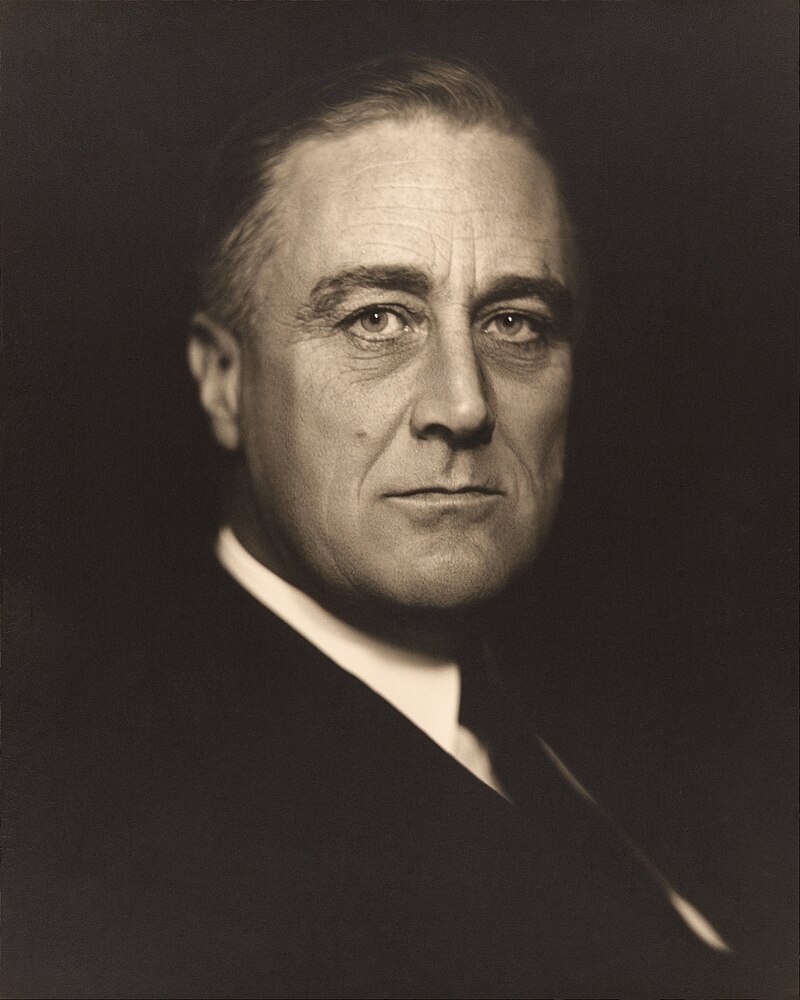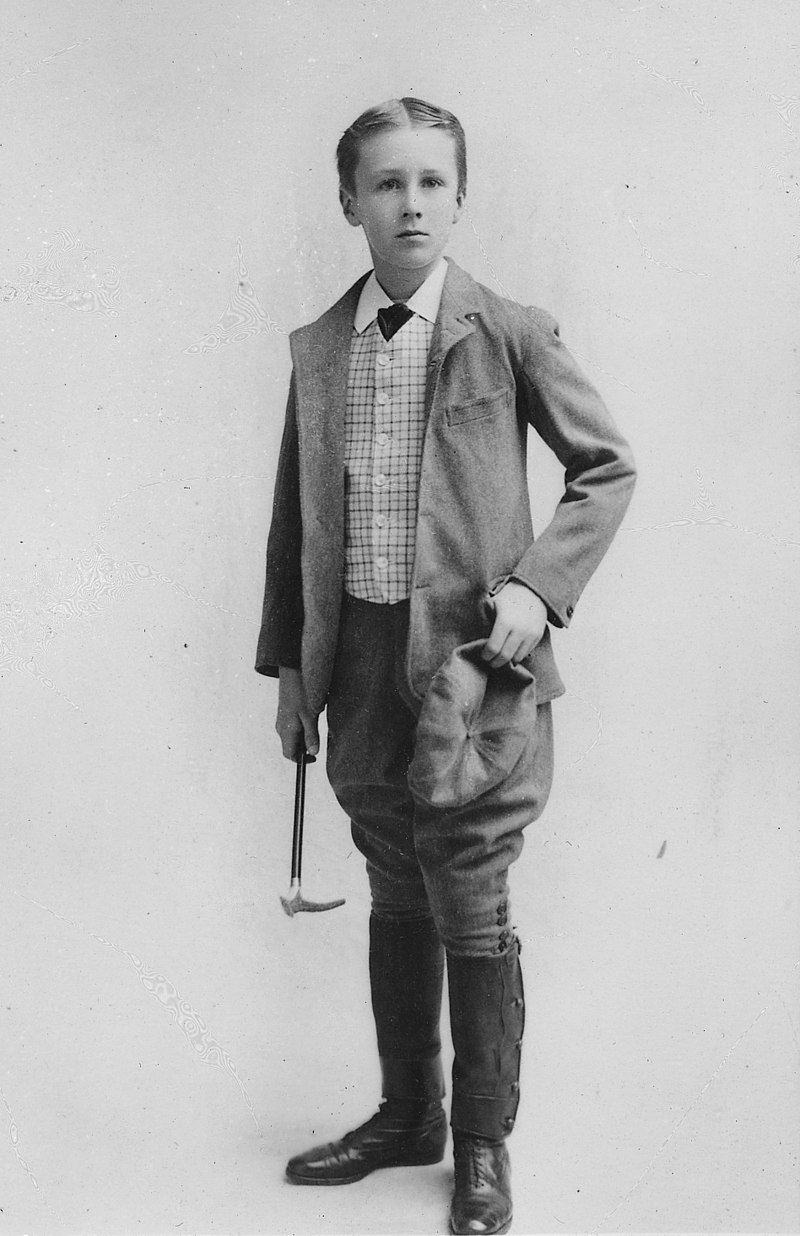Franklin Delano Roosevelt, the 32nd president of America, held office for the longest time in history. He was a statesman and politician who will be hailed by the Democrats and the Americans in general for times to come. Being a stalwart figure and an optimist, he refused to be influenced by anyone and would not be dominated by any challenge that came his way.
Franklin Roosevelt was born in 1880, as the only child to Sara Ann Delano and James Roosevelt, in a family of wealthy aristocrats of upstate New York. He became a beloved of his mother, who continued to be an influence in his life even into adulthood. Franklin was surrounded by servants, governesses and tutors, and lived the life of the elite. His mother decided his social life, and he was sent to boarding school at the age of 14.
However, none of these affected him negatively, as he continued to grow and learn. He visited Europe a lot with his family, learnt languages, was a prolific reader, and loved school. He was not a bright student, but in school, he learnt the realities of the under-privileged class of America from which he was distanced throughout his childhood. He attended college at Harvard and joined all the right societies, becoming an orator and learning about politics. In college, he was a popular personality. Not very bright in academics but all other fields, he had a slightly mischievous charm to his personality. Coming from a family of wealthy hierarchy, some of his fellows described him as “bumptious, cocky, and conceited.”
Though he inherited his father’s affiliation for democrats, he derived his inspiration in politics from Theodore Roosevelt, who was a republican and Franklin’s fifth cousin. Roosevelt was a quick decision-maker. He loved Eleanor Roosevelt, the niece of Theodore, and quickly proposed to her and married her in 1905, even after the resilient opposition by his mother who still controlled the strings in his son’s life. Thus, he made it clear that no one except himself would influence his life’s decisions.
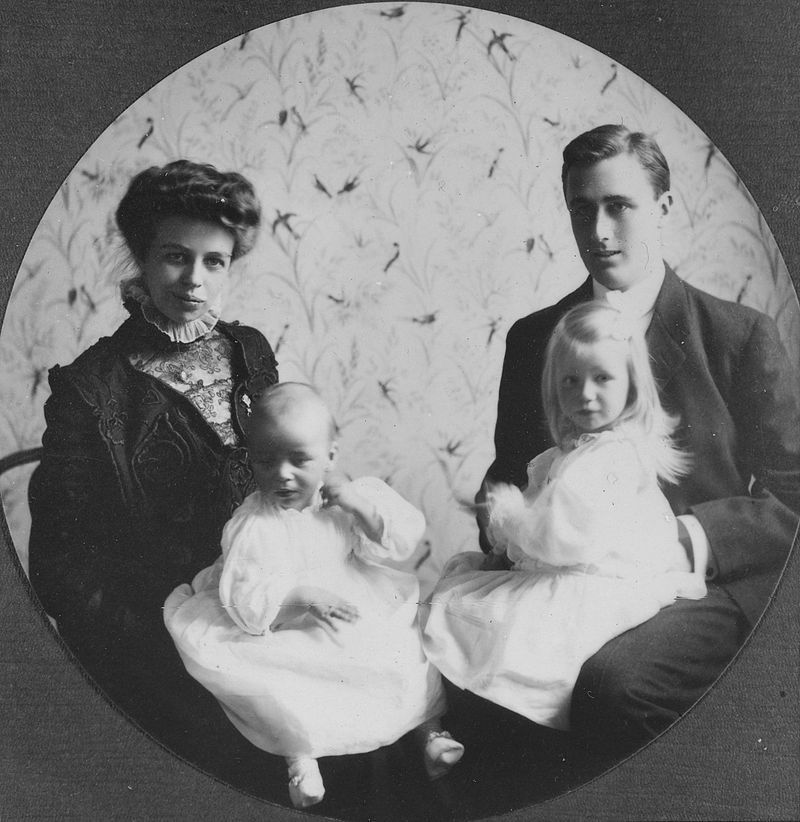
He began his political career as the governor of New York and went on to be elected the 32nd president in 1930. After becoming the president of the United States, he gained popularity and was so loved by the masses that he continued to rule for the next three terms as well. Despite being raised in a luxurious manner, he was frank and friendly with the ordinary people. He was quick at making friends. He displayed intimacy and talked quite frankly with the people he met.
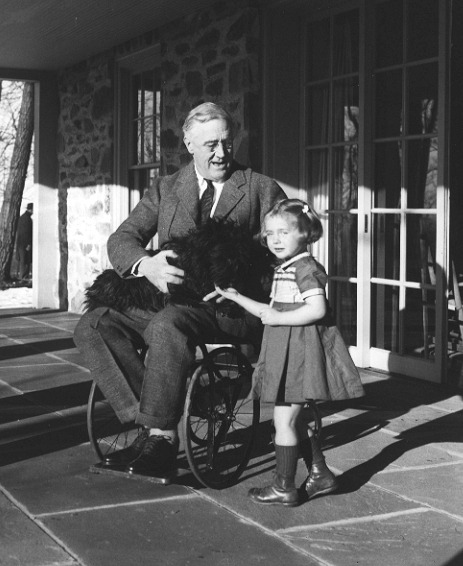
As a political contender, he was never afraid of opposing what he disliked. Not late after he had launched his political career, he stood in opposition to a democratic political system under Tammany Hall. He gained quite a lot of enemies, but at the same time, gained favor with people for being a decision-maker and fighter. He told the New York Times, after failing to overthrow Tammany’s hierarchy,
“There’s nothing I love as much as a good fight,”
His spirit was that of a reformer and builder. He always strived for greatness and was enthusiastic about the changes that he could bring around. As an Assistant Secretary of the Navy, he aspired the building of the best navy in the world, for which he worked tirelessly, more so than his boss. He always craved for action, and was quite impatient to play his role as a naval officer during the First World War, but was prevented from doing so by illness, from which he did not recover till about the end of the war.
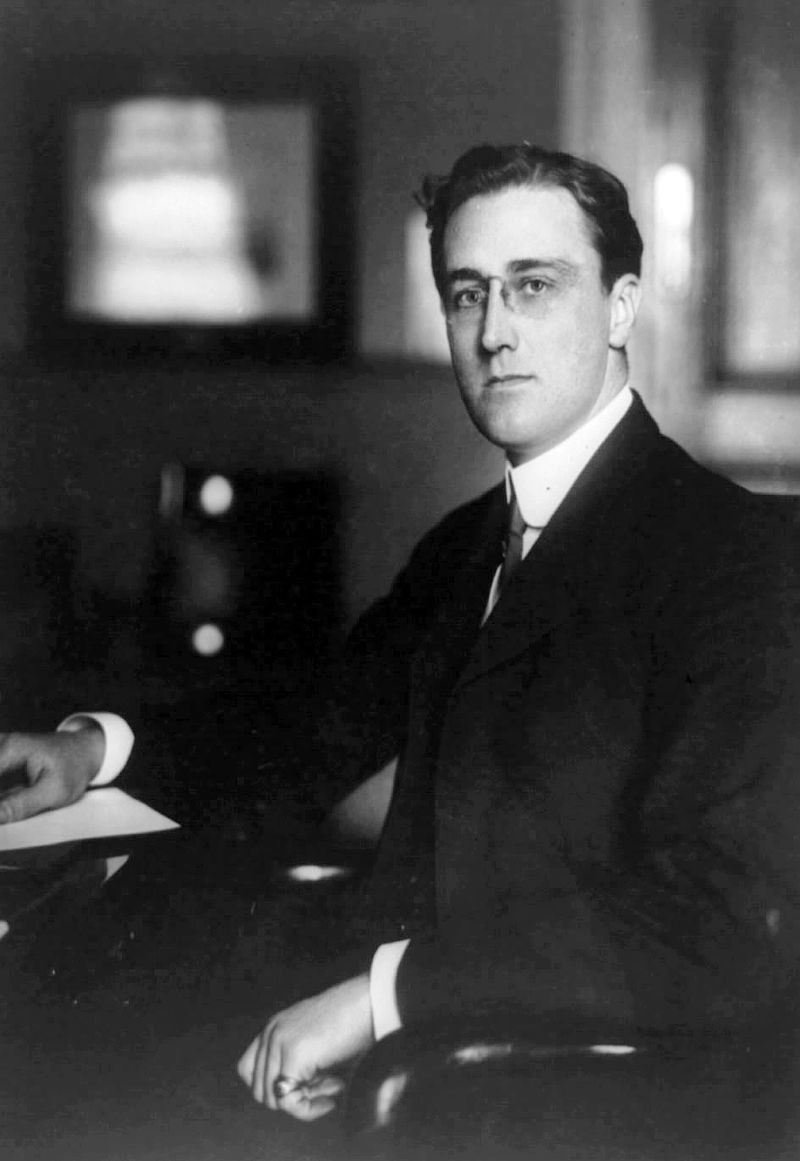
No one could stop him from climbing the staircase towards a successful political career. He ran for vice president, but certain scandals and enmities prevented him from a victory. A bigger blow came when he was struck with polio and was paralyzed for life. Roosevelt was so ambitious for achieving a lot in life that he was in denial of his condition for quite some time, but soon his vigor and enthusiasm came over the despondence, and he started again. He used crutches to walk a few steps and was careful not to expose his disability to the public, lest he would be exploited.
On the road to recovery from polio, a gradual change in his personality developed. He became cooler, calmer, and more practical, different from the energetic and passionate person that he was. However, now he was more determined to do things, to show that he was not incapable of doing them.
His resolve grew stronger with the days, and so did the aspiration to make a change. He was a staunch believer in the power of the government rather than that of the individuals. His magnetic personality and authoritative demeanor let him order around workers, making them work to his demands. He was sure of his policies and positive about the reforms, and they surely did result in what he wanted.
Franklin’s policies (Link with the Policies of Franklin Roosevelt) gained the trust of people who elected him to steer them out of The Great Depression in the 1930s. He continued to place their trust in him for the Second World War. Of course, he had enemies and critics too. His self-confidence was interpreted by many as arrogance; a columnist Walter Lippmann wrote that Roosevelt was “without any important qualification for office”.
Roosevelt showed extreme self-control for the realities that he was facing, in the form of paralysis and disturbed domestic life. He had many acquaintances and friends, but only a few knew him intimately. Roosevelt never let his thought or fears show on his face, perhaps a reason for defeating enemies. When he made up his mind to do something, Eleanor observed about him, he did it to the best of his ability, but if it went sour, he simply started it again and did it all over again.
His somewhat stubborn belief that a solution for the biggest of problems will eventually come to light helped him thrive through the throes of all calamities in life.
After the first election of the White House, he faced attempted murder, and in the face of the five gunshots, he stood surprisingly calm and poised. He took bold and unprecedented steps in the face of the economic crash, silencing his rivals who placed no confidence in his abilities. His policies were eyed with contempt and admiration at both ends. Unperturbed by this, he kept working, in his own manner. “I have no expectation of making a hit every time I come to bat,” Roosevelt liked to say. “What I seek is the highest possible batting average.” This remained his motto.
Opposed to his vibrant personality, he took things a step at a time and managed to achieve solutions as he desired.
In hindsight, Roosevelt is loved by the generation of Americans whom he saved from falling into a pitfall of despair. He remained steadfast on his policies. His life is still looked upon and studied for advice by politicians all around the world. Franklin’s positive attitude, policies, and the great personality was indeed the reason why he served the country as a president for the longest tenure, 12 years.
US Presidents | ||

